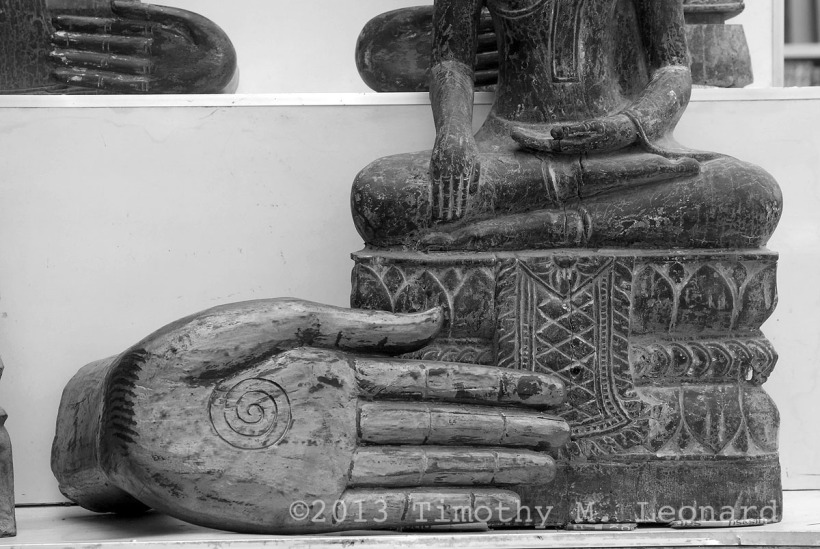Gabriel Garcia Marquez, 6 March 1927 - 17 April 2014
On Style: "In every book I try to make a different path [...]. One doesn't choose the style. You can investigate and try to discover what the best style would be for a theme. But the style is determined by the subject, by the mood of the times. If you try to use something that is not suitable, it just won't work. Then the critics build theories around that and they see things I hadn't seen. I only respond to our way of life, the life of the Caribbean.
On Magical Realism: Literary critic Michael Bell proposes an alternative understanding for García Márquez's style, as the category magic realism is criticized for being dichotimizing and exoticizing, "what is really at stake is a psychological suppleness which is able to inhabit unsentimentally the daytime world while remaining open to the promptings of those domains which modern culture has, by its own inner logic, necessarily marginalised or repressed."
García Márquez and his friend Plinio Apuleyo Mendoza discuss his work in a similar way, "'The way you treat reality in your books...has been called magical realism. I have the feeling your European readers are usually aware of the magic of your stories but fail to see the reality behind it...' 'This is surely because their rationalism prevents them seeing that reality isn't limited to the price of tomatoes and eggs.'"
On Solitude: In response to Plinio Apuleyo Mendoza's question, "If solitude is the theme of all your books, where should we look for the roots of this over-riding emotion? In your childhood perhaps?" García Márquez replied, "I think it's a problem everybody has. Everyone has his own way and means of expressing it. The feeling pervades the work of so many writers, although some of them may express it unconsciously."
In his Nobel Prize acceptance speech, "Solitude of Latin America", he relates this theme of solitude to the Latin American experience, "The interpretation of our reality through patterns not our own, serves only to make us ever more unknown, ever less free, ever more solitary."
On Macondo: In his autobiography, García Márquez explains his fascination with the word and concept Macondo. He describes a trip he made with his mother back to Aracataca as a young man:
The train stopped at a station that had no town, and a short while later it passed the only banana plantation along the route that had its name written over the gate: Macondo. This word had attracted my attention ever since the first trips I had made with my grandfather, but I discovered only as an adult that I liked its poetic resonance. I never heard anyone say it and did not even ask myself what it meant...I happened to read in an encyclopedia that it is a tropical tree resembling the Ceiba.
Gabriel Garcia Marquez (wiki)







 Share Article
Share Article 